Attorney: IAWC allegations aren’t true
MOORESVILLE – The Mooresville attorney for the town’s water purchase from Indiana American Water Company said last week that many assertions made by IAWC in its recent lawsuit, filed Oct. 4 in the Morgan County Circuit Court, aren’t true. IAWC is headquartered in Greenwood and is the largest water utility company in Indiana. The company has more than one million customers in the state, including Mooresville. The company contends it is the victim of improper notice of some council meetings that affected its business and an unlawful search and seizure by the town.
Mooresville is attempting to move forward with a plan to purchase its water system from IAWC. The company is not a willing seller and has vowed to fight the purchase. However, the town is within its rights to attempt the purchase through eminent domain, according to Indiana law, and private water companies are knowledgeable of this when they take over a municipal utililty, said attorney J. Christopher Janak of Bose McKinney & Evans LLP. In an Aug. 7 public hearing, IAWC’s attorney Nicholas Kile of Barnes and Thornburg LLP said if town officials proceeded with their plan to purchase the water company, they could count on a court battle.
Mooresville councilman Tony Langley presented a PowerPoint presentation on Aug. 7, which was the result of his research into the purchase, its benefits for the town and lower rate schedule. Langley had formerly worked for the water company that sold to IAWC in 2000.
IAWC claims to not have been properly notified of the Aug. 7 meeting. Janak said that an Aug. 3 email to Kile sent by Steve Unger of Bose, McKinney and Evans explained the time of the hearing on Aug. 7, the time allotted for the utility, its representatives and attorneys to speak and five minutes for individuals and businesses to comment. Unger asked Kile to reply with any concerns, questions or comments. Janak showed that in a Sept. 24 email to Kile, he told the IAWC attorney that he had tried to contact him three weeks in advance to say the town would be entering an IAWC property. A notice was sent, and in the email, Janak said that, according to state statute, town officials have the right to enter the property or properties for survey and examination purposes — with or without consent — provided 14 days notice is given. He made that request on Sept. 18 in an email that stated town officials would like to schedule Oct. 8 and 9 to examine IAWC’s Mooresville system.
In a response on Sept. 24, Kile stated that the Oct. 8 date was not available and still asked Janak why town council members didn’t want to meet with IAWC’s president and local manager, Troy Bryant.
Janak said town officials have asked more than once if the IAWC would sit down to discuss a purchase of its water system and the town has shown interest in a cooperative process. Janak provided a letter to Kile via email about the bulk of documents IAWC had been requesting and that he was reviewing the appropriateness of the request and would provide those materials within a reasonable time for the Mooresville Clerk-Treasurer’s Office to prepare. This task is in addition to the staff’s other official duties and responsibilities, Janak said.
IAWC contends that Langley’s presentation on Aug. 7 was “based largely on a study conducted by a consultant retained by the town.”The company contends the study should have been made public at the hearing, but the town denied access to it. Janak said there is no “feasibility study” made by consultants with town officials, since Langley had made his research and reasons public. Janak, along with Langley and Watkins, say information about the value of IAWC’s property and equipment is just now being collected and assessed. Council members, their legal counsel and surveyors wanted to enter IAWC’s office and property in Mooresville Oct. 8 and were barred from doing so, Janak said.
By Amy Hillenburg | Reporter | Published October 17th, 2012 in The Reporter Times


Comments
No Comments